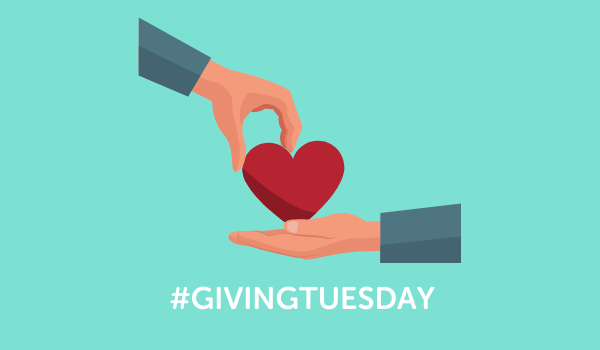When it comes to self-care, journaling may have the biggest return on investment. Taking pen to paper will pay out in all aspects of life – emotional, mental, physical and spiritual.
Declutter Your Mind
Recording your inner workings helps to reorganize your story and prioritize your needs. Your feelings are meant to be felt and by writing them down, you literally move them from your mind elsewhere. This gives legs to your emotions, breathes life into your feelings and authenticates your experiences whether good, bad or somewhere in between.
Writing down thoughts can absolve the mind’s commotion. Less mind clutter allows greater focus on the real work – planning, execution, decision-making and problem-solving. A clear mind creates the ability to be present and live in the moment.
Create an Outlet
Drs. James W. Pennebaker and Joshua M. Smyth, pioneers in expressive writing, say that confronting personal thoughts by writing can influence our basic values, thinking patterns and feelings about ourselves. Harboring negativity without creating an outlet to disperse it can significantly degrade our mental and physical well-being, according to these social psychologists who co-authored the book Opening Up by Writing it Down.
Writing about grief, sadness, loneliness, anger, and fear can ease the emotional pain even though expressing it can be hard to do. Writing about the big feelings will make you feel better able to cope and more in control, ultimately improving your mood. It honours the feelings but limits the power they have over your life.
Journaling lets you tell your story privately, with no judgement. Some buy into the write and rip or burn after writing philosophies because the benefit is gained through the writing experience and there’s no risk of exposure.
Health Benefits
Some argue the biggest pay off from maintaining a journaling habit is the investment in your physical health. Research shows that the journaling gain is not solely psychosomatic but it strengthens the lymphatic system too, boosting immunity, decreasing depression and anxiety, lowering blood pressure, improving sleep and healing chronic pain.
 Even simply keeping a gratitude journal can elicit positive health benefits in as little as two weeks of starting a regular practice. Dr. Laurie Santos, Professor of Psychology at Yale University and the creator and facilitator of The Science of Well-Being course says that it is more about the re-experiencing of what you are grateful for over simply identifying it that leads to improved well-being. The benefits of journaling are cumulative and are couched in the consistency of the activity so rewiring the brain in order for this to become habit is important.
Even simply keeping a gratitude journal can elicit positive health benefits in as little as two weeks of starting a regular practice. Dr. Laurie Santos, Professor of Psychology at Yale University and the creator and facilitator of The Science of Well-Being course says that it is more about the re-experiencing of what you are grateful for over simply identifying it that leads to improved well-being. The benefits of journaling are cumulative and are couched in the consistency of the activity so rewiring the brain in order for this to become habit is important.
Journaling can be as simple or as complex as you wish but one thing is certain, there is no one right way to journal. It is an accessible, personal journey tailored to what resonates with you as you find your own journal vibe. Give yourself that great big hug as you consider the meditative mind-clearing therapy of journaling – the ROI is huge and you deserve it.
www.mindfulnessstudies.com







